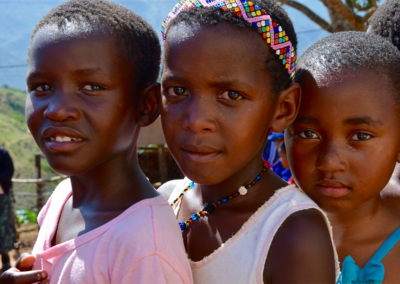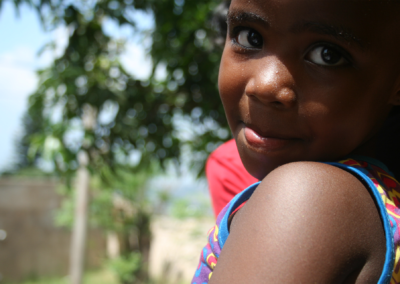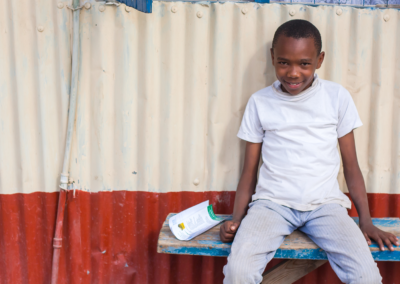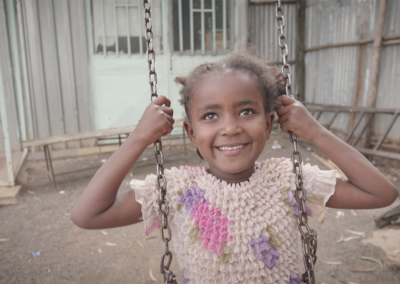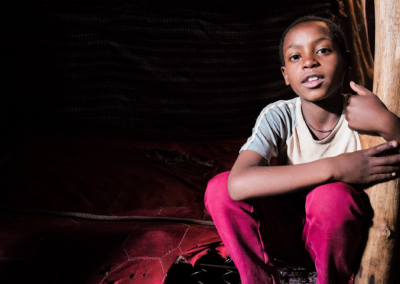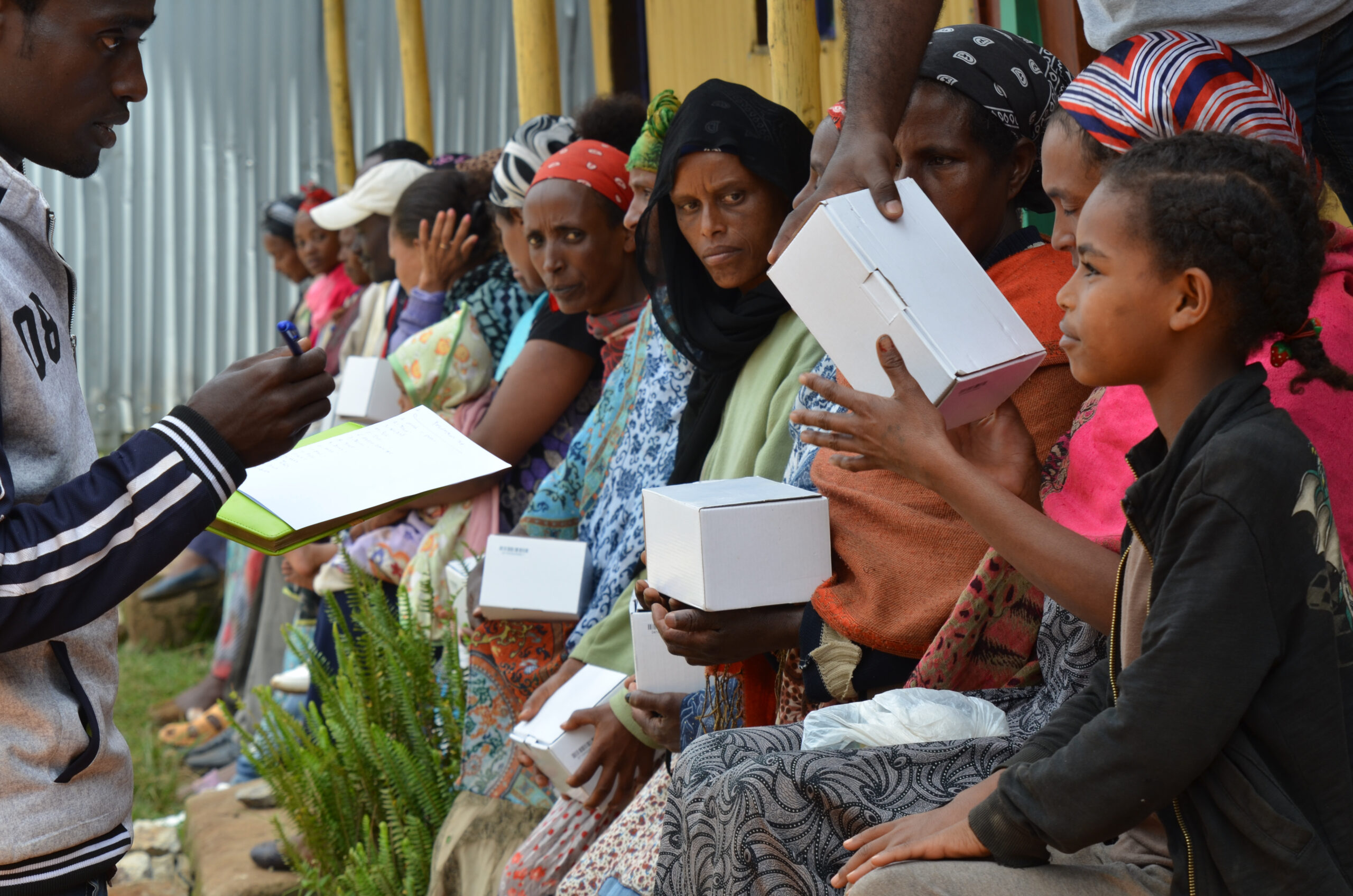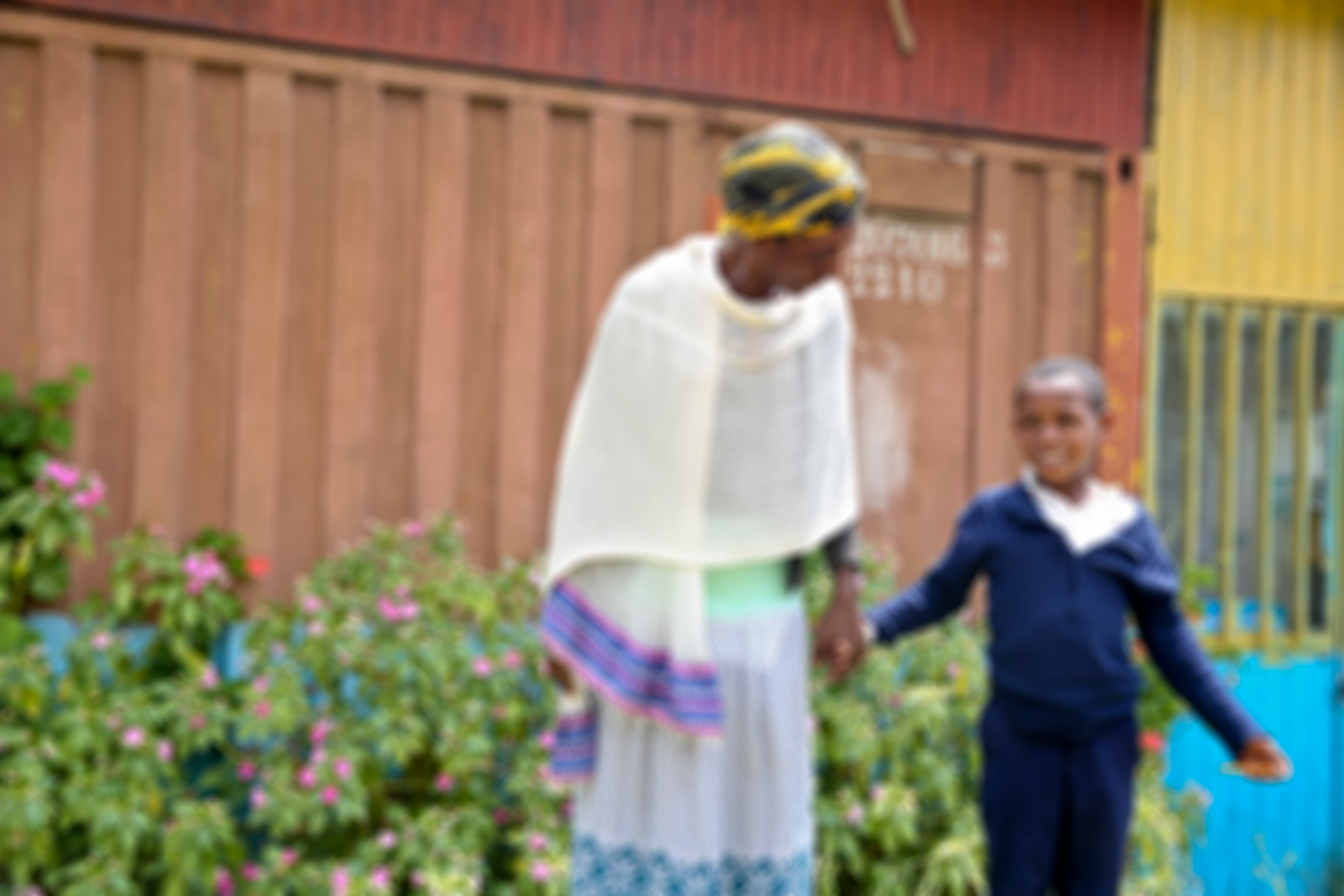CHURCH PARTNERSHIP
Iglesia Fuerte CiudadThrough the Home Based Care program, this church will help meet the physical, mental, emotional, and spiritual needs of 20 families caring for orphaned and vulnerable children.
Guatemala City, Guatemala
Iglesia Fuerte Ciudad
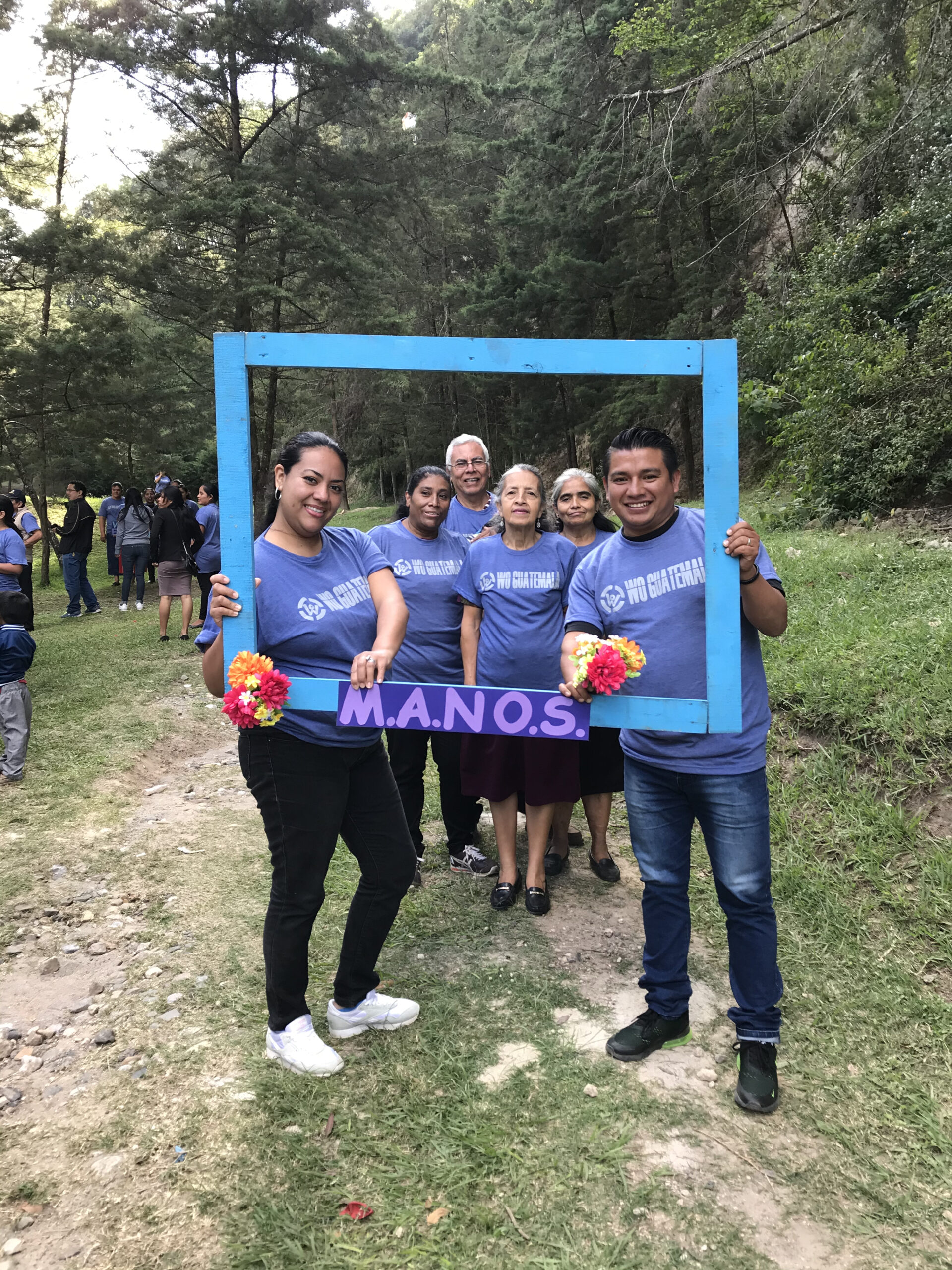
AbOUT THE CHURCH
Iglesia Fuerte Ciudad was founded in 1994 and is located in Zone 18 of Guatemala City. This area is considered a “red zone,” meaning it is a poor area with an exceptionally high crime rate. The main issues surrounding this community are drugs and gangs. Initially, Pastor Antonio Rodríguez opened the door of his home to share in Bible study with his neighbors. Sixteen people attended this group that has grown over the years to a membership of 100 adults and 60 children. A well-organized church, they facilitate groups
for men, women, and children of all ages, as well as providing other ministries such as worship, intercession, and visitation. The church makes an impact in the community as they help families in need, support the community with outdoor and social activities, provide discipleship, and consistently proclaim the Gospel.
Leadership
A humble man, Pastor Antonio Rodriguez, together with the support of his wife, Teresa Donis, has a passionate heart to serve and to preach the Gospel. He is open to learning and has a vision of caring for the needs of the whole person.
Home Based Care
Program Overview
The Goal
The goal of the Home Based Care (HBC) program is to equip, inspire, and mobilize churches to build relationships with at-risk families within their communities. Relationships grow through frequent visits to families in their homes to offer prayer, biblical training, counseling, and overall encouragement. To empower this wholistic approach to orphan care, World Orphans and US churches connect with Guatemalan churches to provide Gospel-centered training and funding.
Funding
Funding for the HBC program comes from a combination of church partnerships and fundraising campaigns. This funding ensures that these children receive the following:
Food
Meals served with the families and at school on a daily basis
Medical Care
Access to medical services and monitoring for specific health needs
Education
Assistance with school fees, school supplies, and tutoring
Emotional Care
Counseling and mentoring through relationships with church members
Spiritual Care
Fellowship, prayer, discipleship, and encouragment
How it Works
Vulnerable Children Identified
ChilD Selection Process
The HBC committee works to identify 20 orphaned or vulnerable children in the community who are in the greatest need. From there, they meet with the caregivers to determine if the family is a good fit for the program. The due diligence process includes completing a Child Intake Form, informing World Orphans about each child in the selection process, discovering the family/caregiver history, and providing reasons for the program selection.
Home VisitS Per Family Each YEAR
Home Visits
Each family in the program receives at least one monthly home visit from the HBC committee. These visits ensure each child is receiving proper care and meeting pre-determined milestones in his/her development. Families and children receive encouragement, discipleship, life skills training, financial support, and prayer during these visits.
Impact reports each year on church, child, and community
Program Accountability
With long-term care of each child as our goal, World Orphans is serious about ongoing accountability. World Orphans staff members frequently communicate with the Guatemalan pastors and HBC committee to monitor and assess each child and the overall structure of the program. The pastors are required to provide monthly financial reports on how funds were apportioned, as well as quarterly reports assessing the overall HBC program as it relates to the impact on the church, the children, and the community.
Partner with Iglesia Fuerte Ciudad
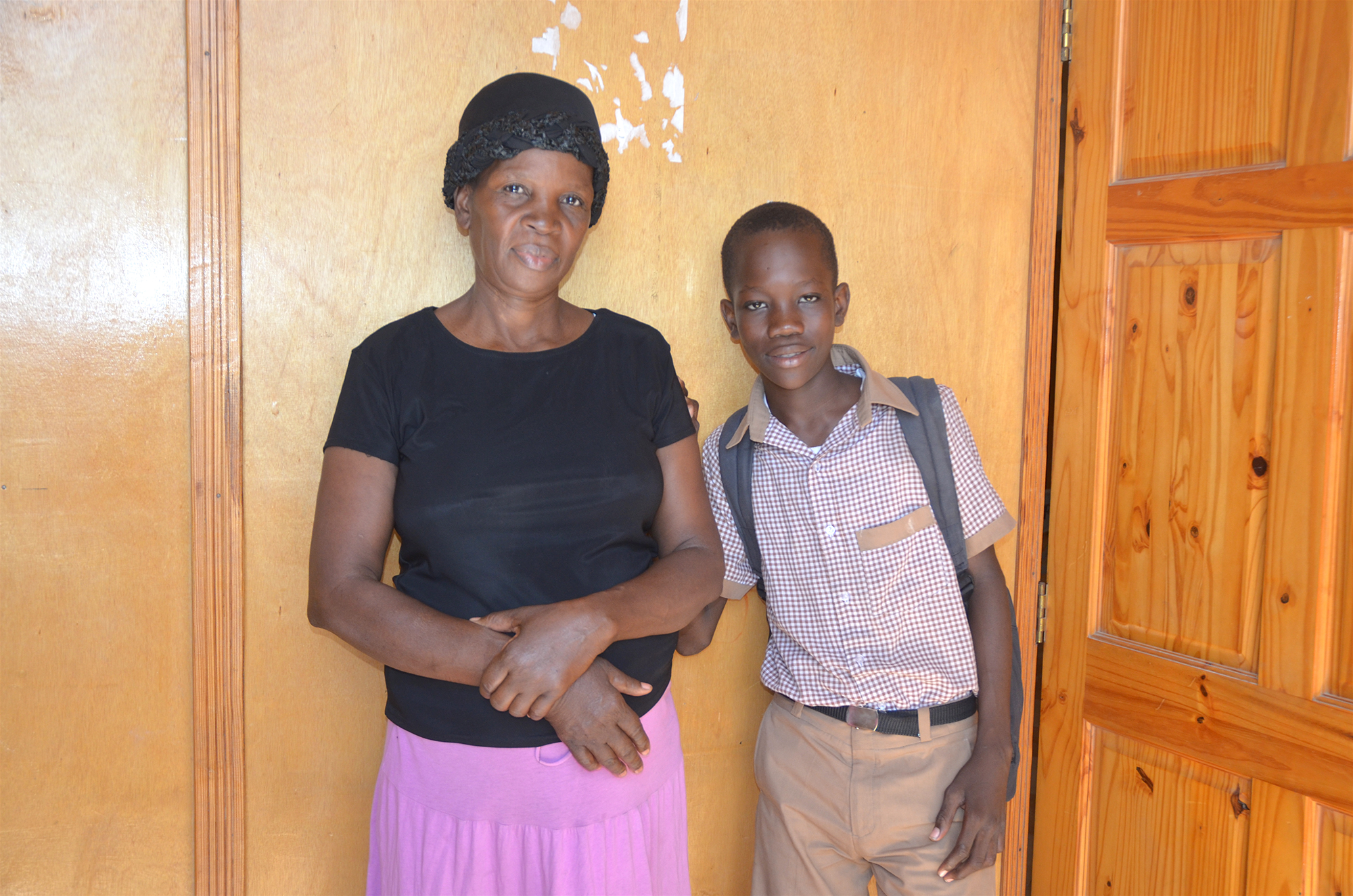
Why Church Partnership?
Most children living in orphanages have at least one living parent. Working together, we help keep families together, strengthen them, and help them toward independence.

